third culture kids
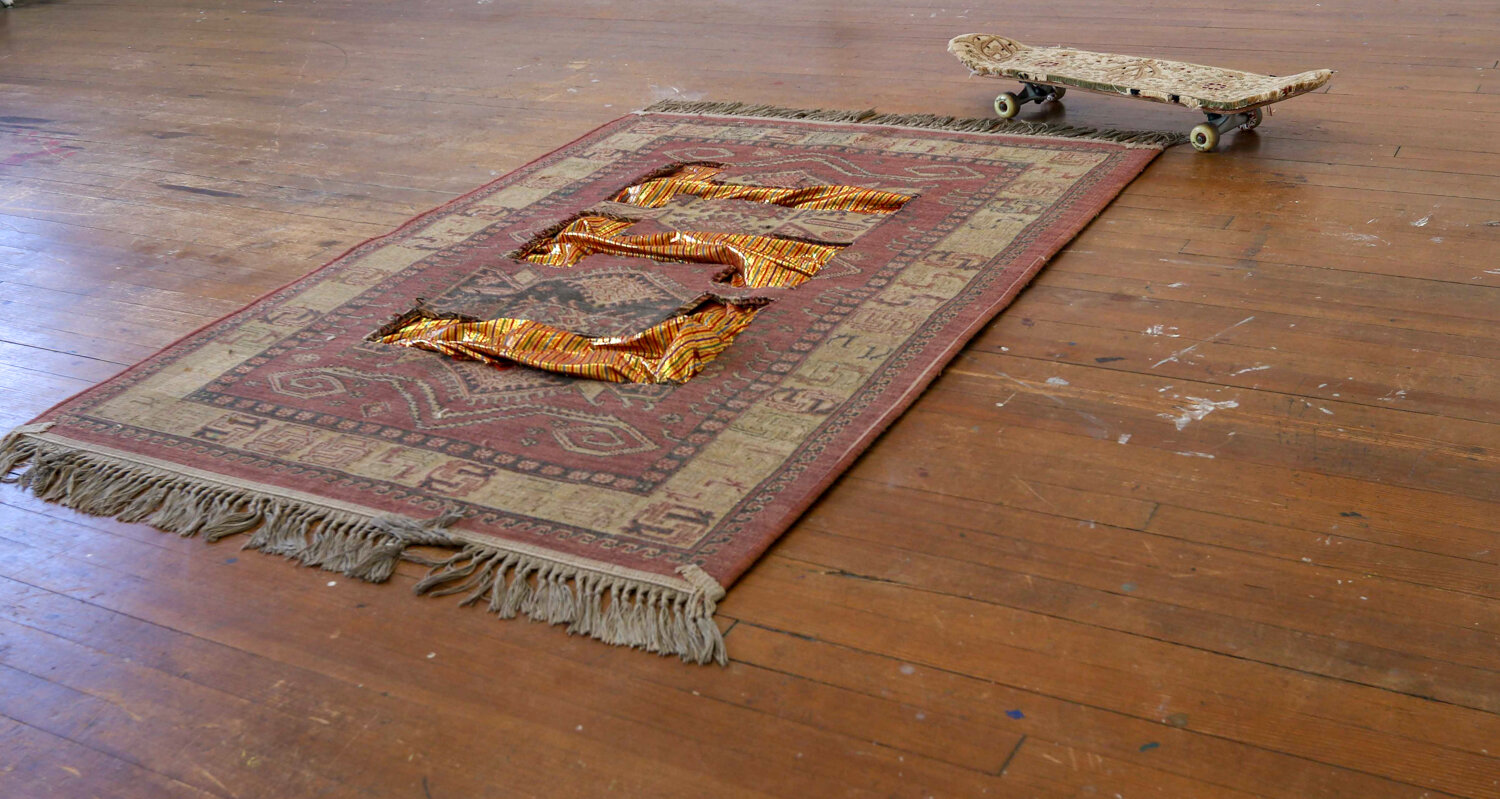
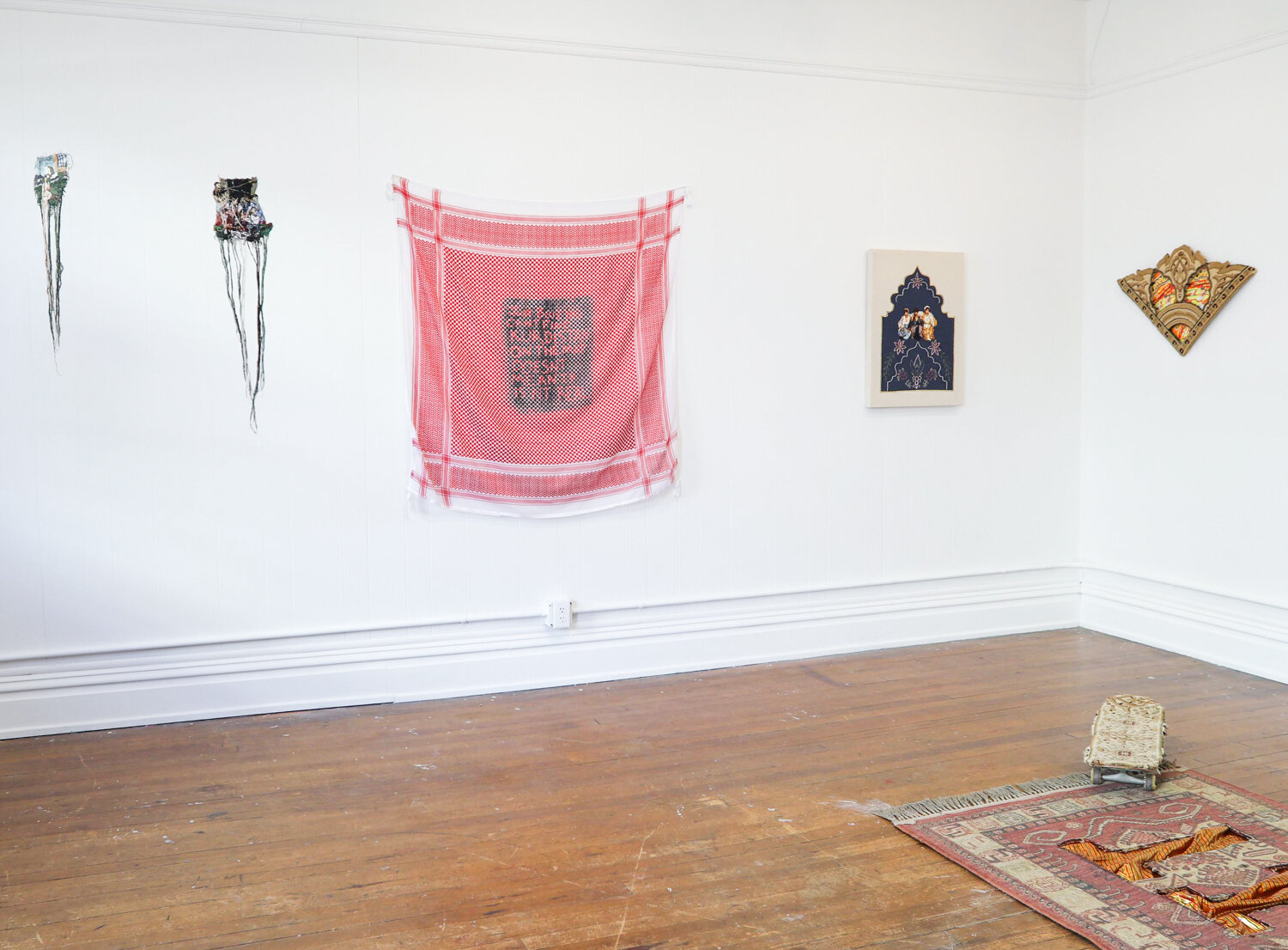
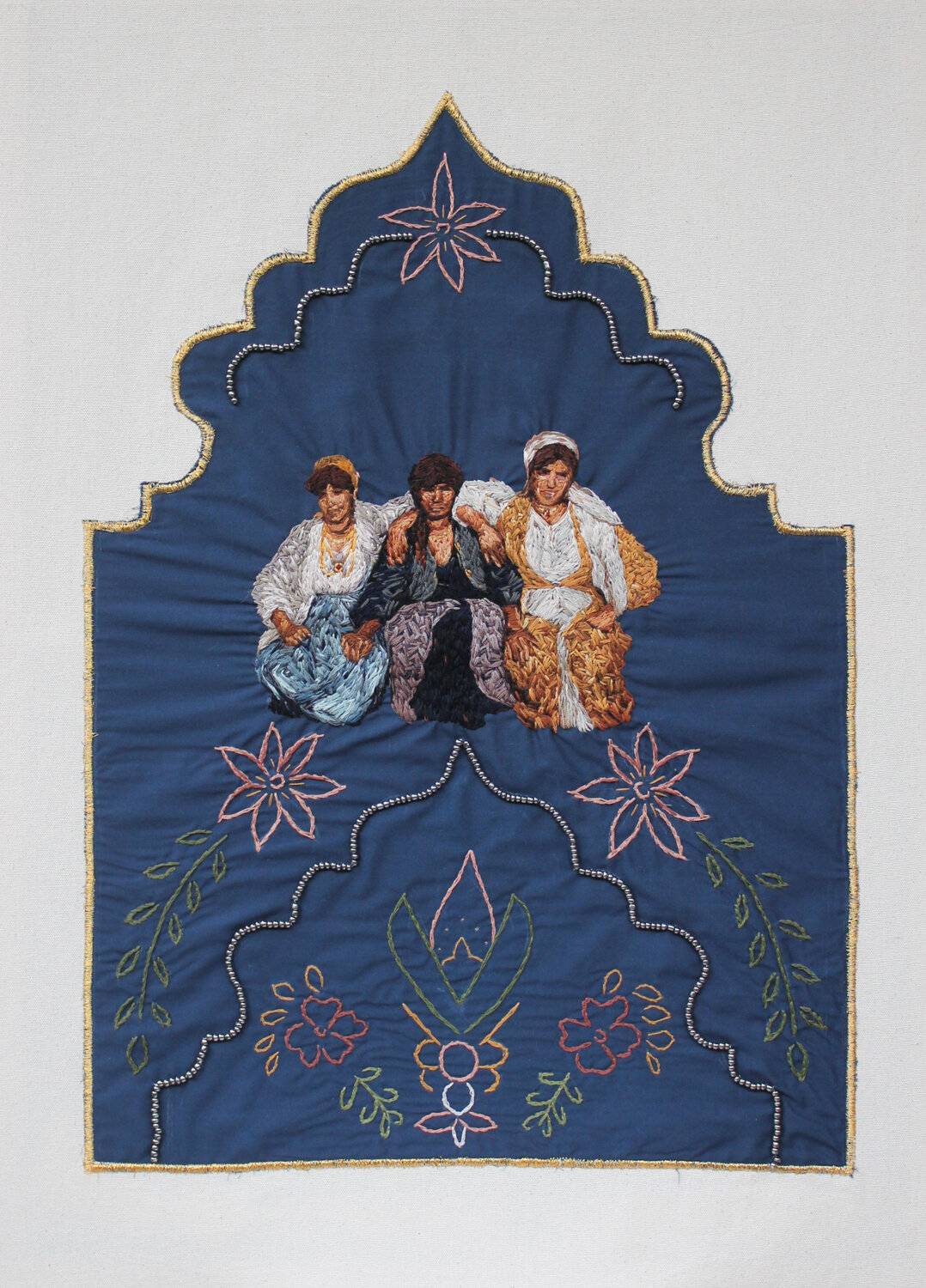
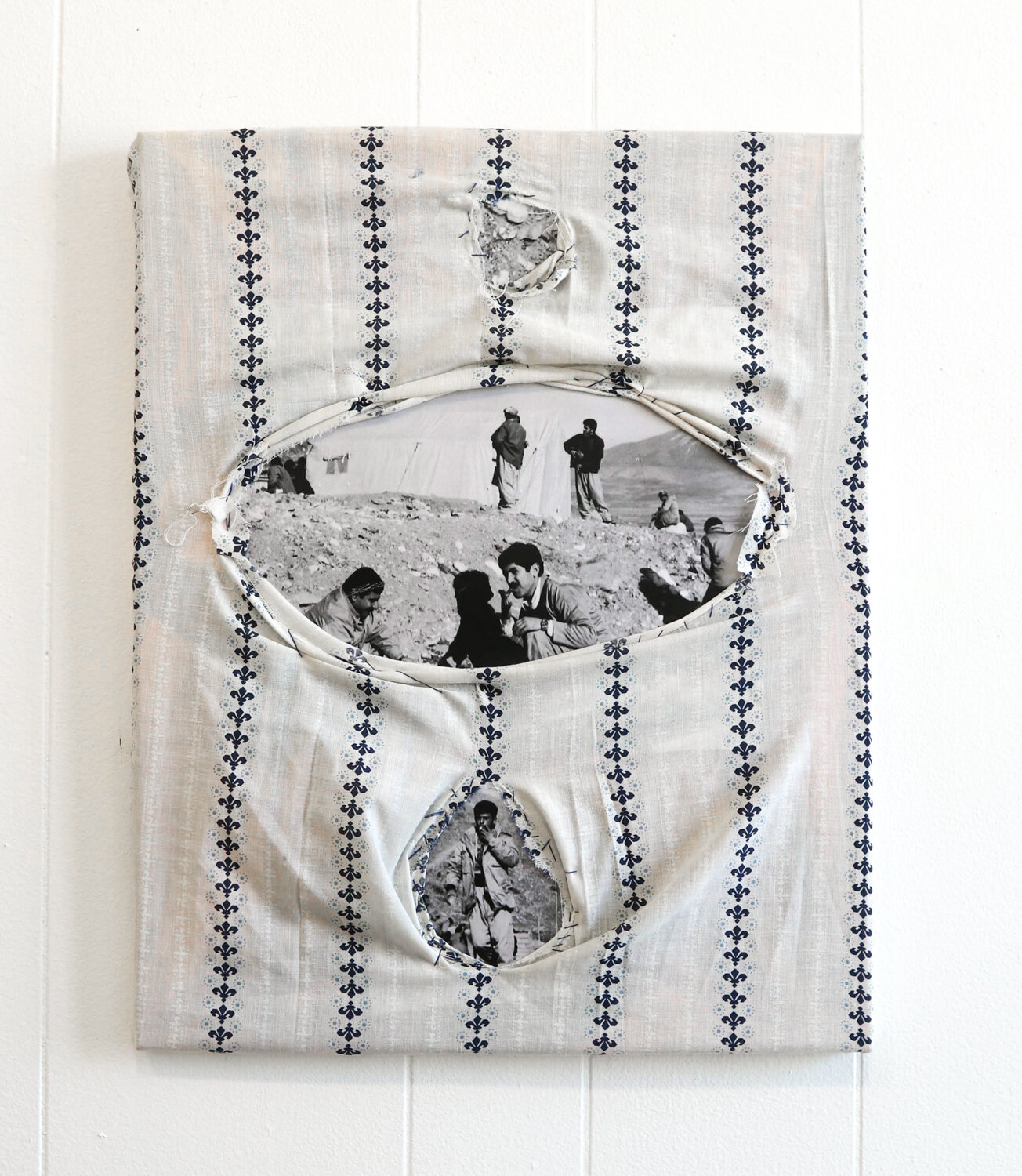
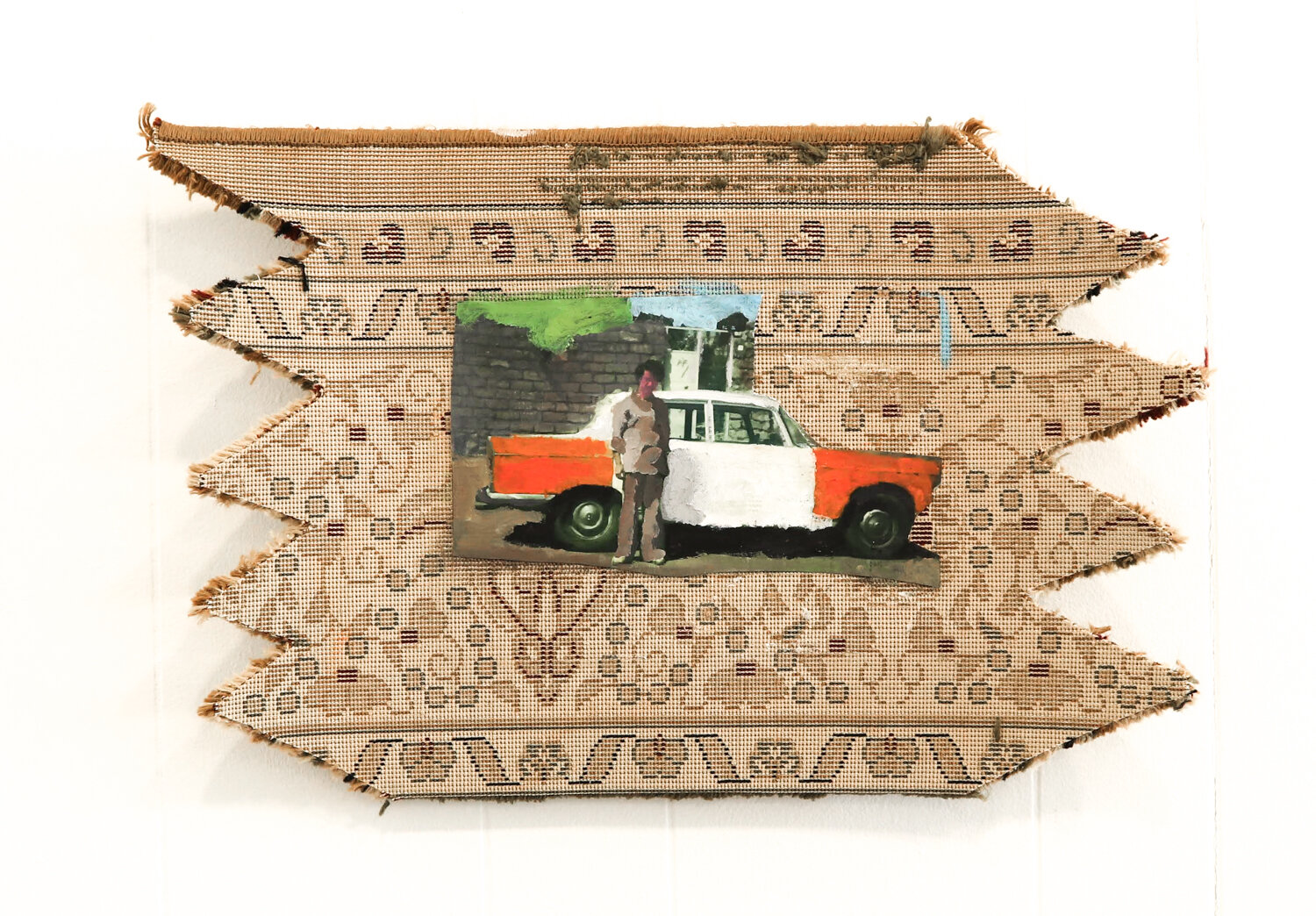
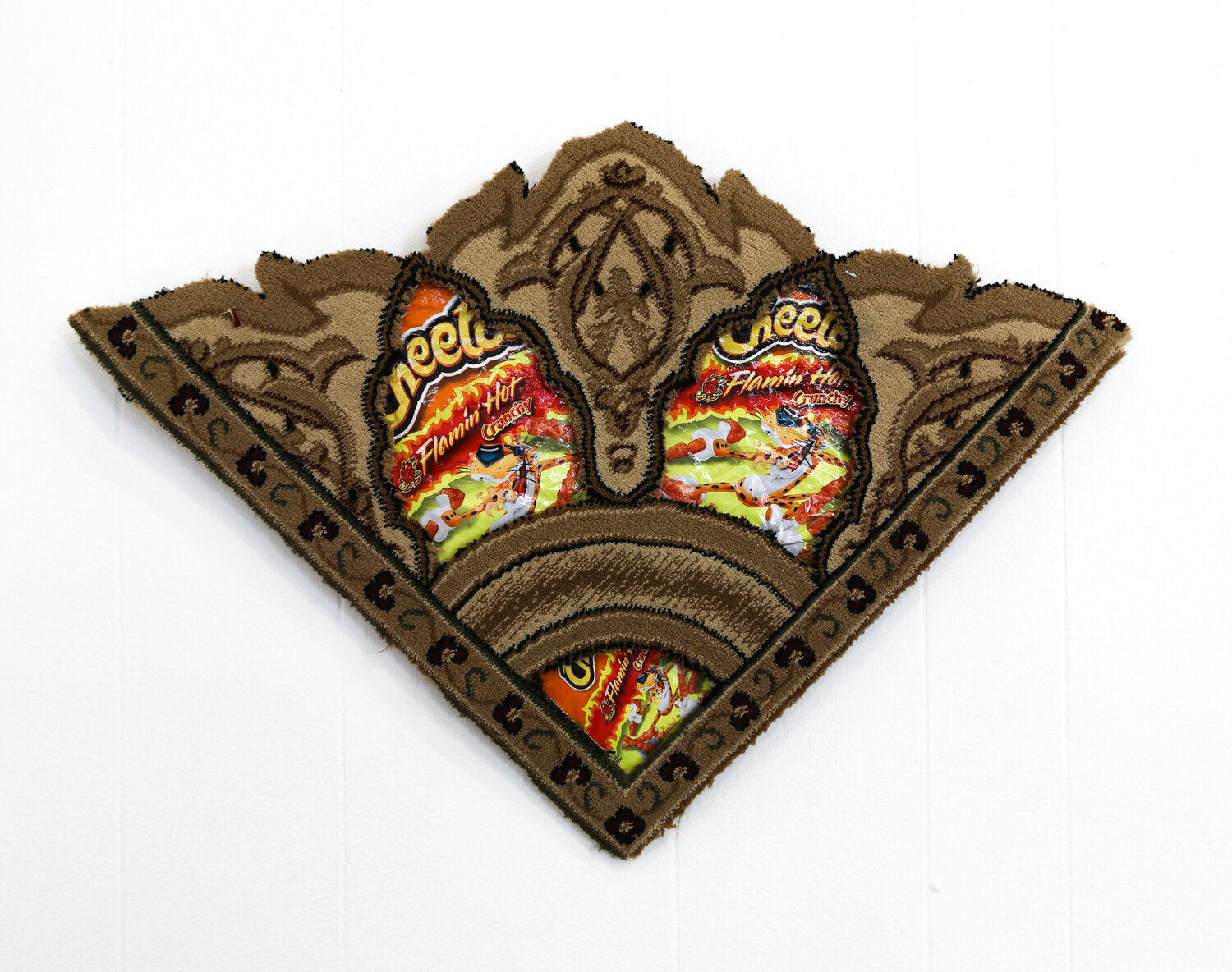
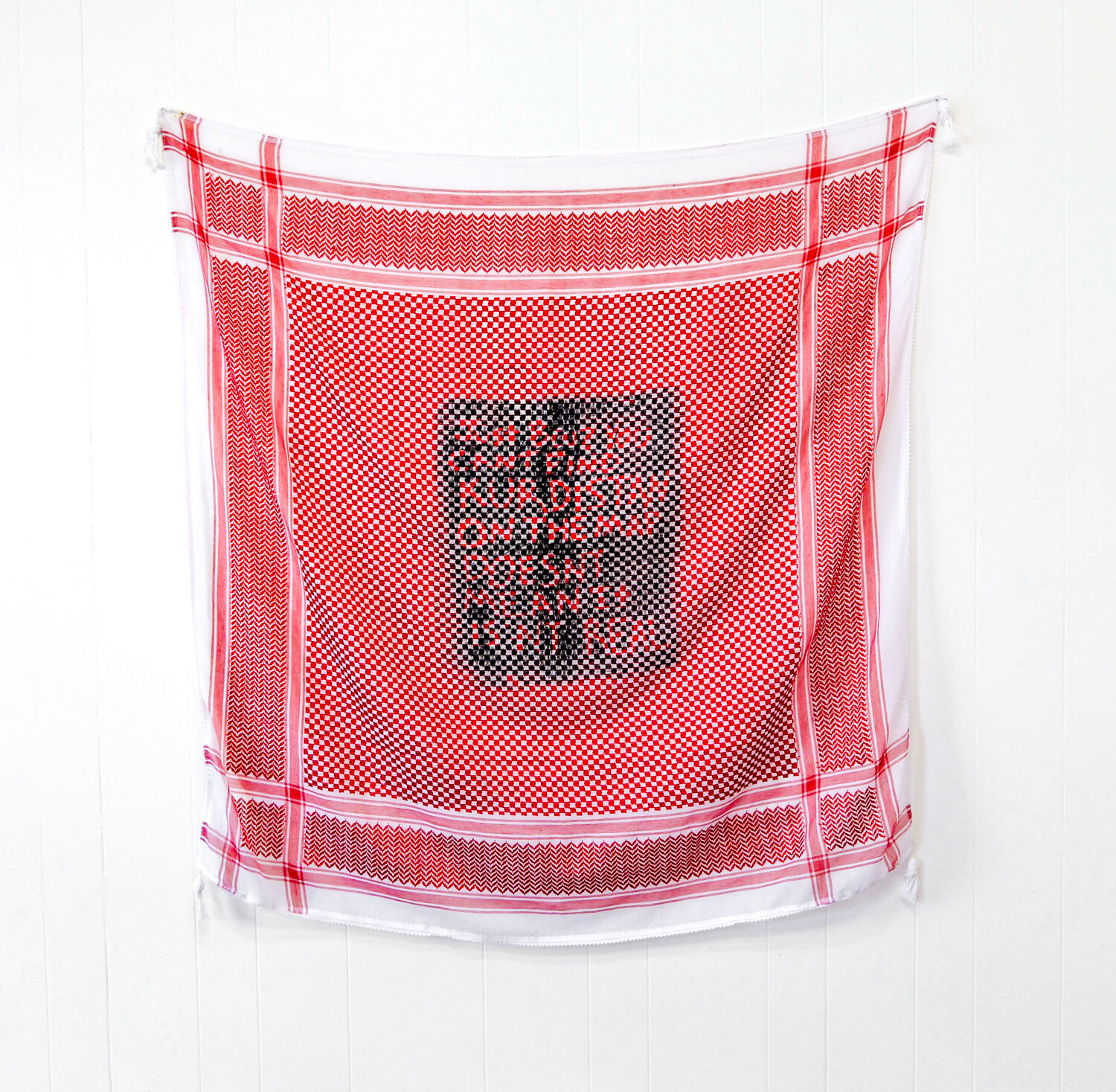
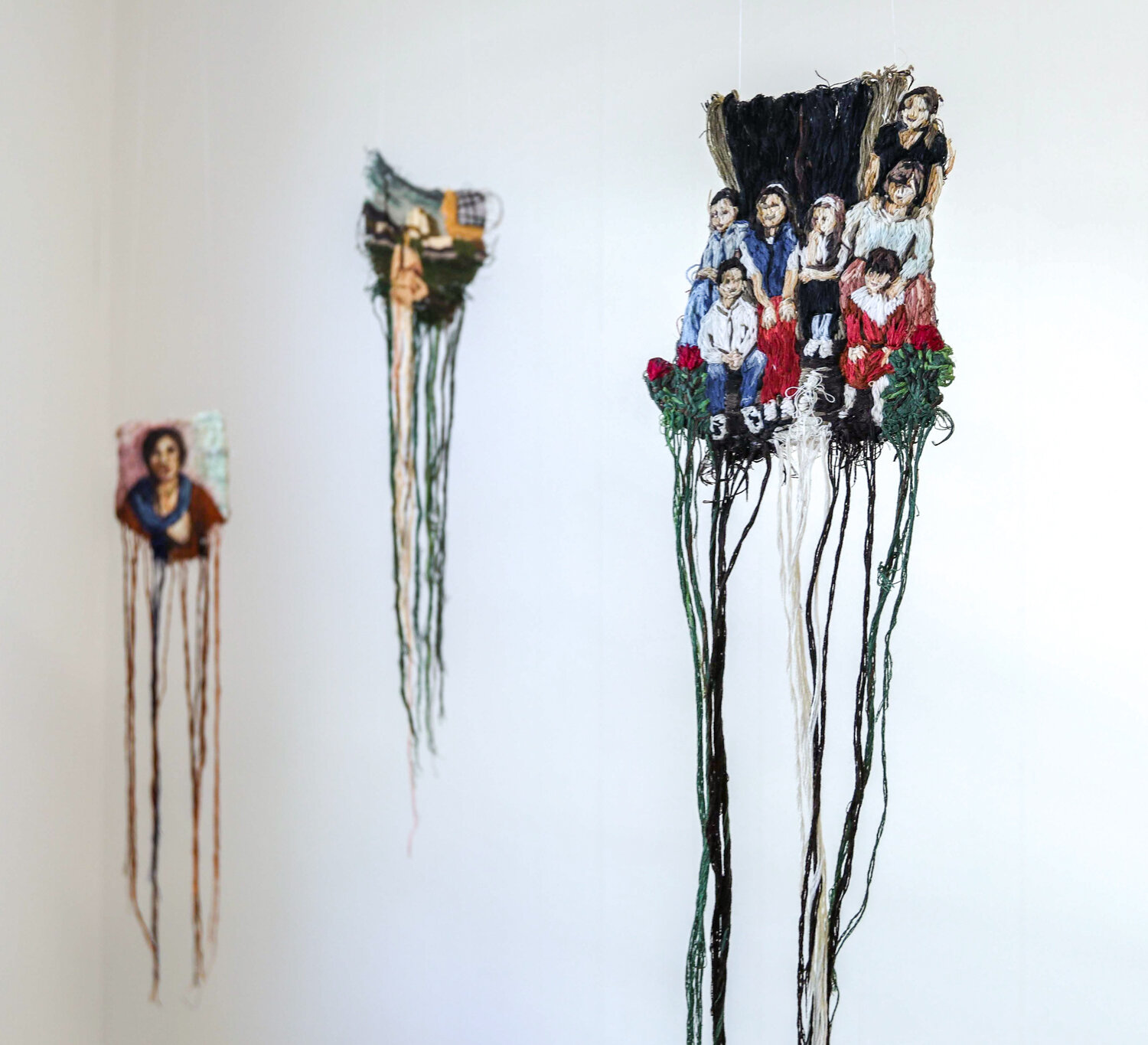
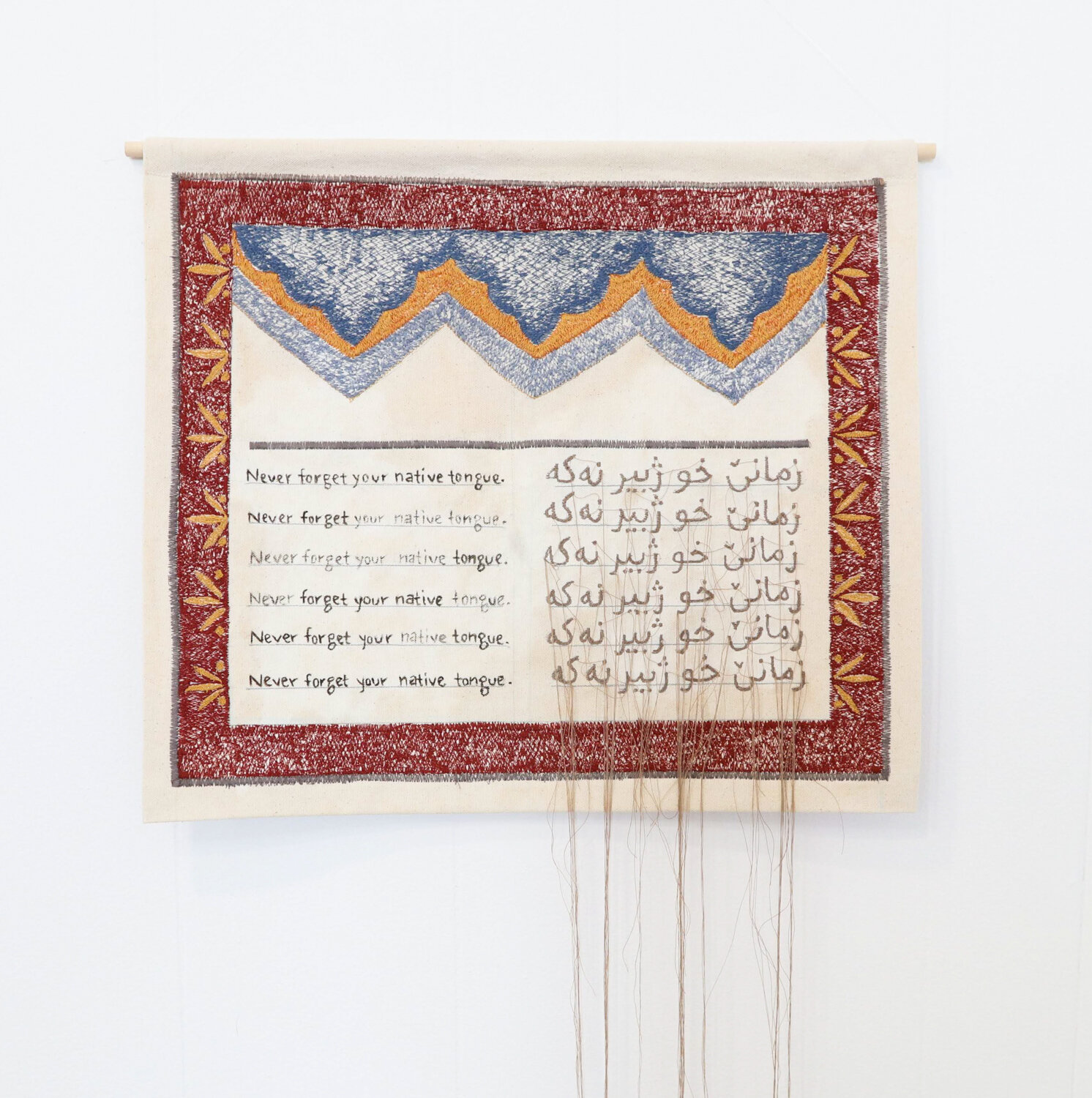

beizar aradini
Beizar Aradini (b.1991) was born in Mardin, Turkey and immigrated with her family to Nashville, Tennessee in 1992. Her work unravels her family’s story as immigrants and examines cultural displacement through craft and domestic arts. Through her work, Beizar addresses current political and social affairs while reclaiming the historical coding of sewing and embroidery as “women’s work”. Beizar has had a solo show at Swine Gallery in downtown Chattanooga, Tennessee. Her work has also been featured in exhibitions such Between the Seams at Woman's Made Gallery in Chicago and was a featured artist for Julia Martin Gallery's annual Bevy show in Nashville. Recently, in collaboration with teens from The Oasis Center, Aradini and teens made a handprinted quilt that was unveiled on World Refugee Day. Beizar has worked on many other community projects in Nashville, including murals and instructing art workshops at Nashville Healing Arts for Tennessee Mental Health Consumers’ Association.
artist statement
In 1988, my family and thousands of Kurds fled Northern Iraq to escape the tragedies of war under Saddam Hussein’s dictatorship. Never identified within society or given any record of their existence, my parents fled their homes for a chance at freedom. Four years after their escape, I was born in a refugee tent draped with layers of torn and worn out fabrics amidst the jagged and uncertain brown peaks of Southern Turkey.
My work explores the issues of being a refugee and the transition of becoming an immigrant. There’s a constant search for an identity while being in between places and cultures. Living in this bicultural “reality” creates isolation, whether it’s by political alienation and/or familial and cultural expectations. I challenge myself with different processes to convey these motifs. Primarily using fibers and textiles makes me feel connected to my identity; it’s a reminder of where I came from and a visit to “home”. As I carefully thread the needle, I think about my female ancestors that would have repeated the same motion to stitch torn things out of necessity or as a means of communication to tell their story. When I repeat the same motion, I utilize the strength of thread to mend the frayed parts of my identity.
Beizararadini.com
nuveen barwari
Nuveen Barwari is a multidisciplinary artist born in Nashville, TN in 1995 and grew up in Duhok, Kurdistan. In 2013 She returned to Nashville to graduate from high school. Barwari then continued her education at the Tennessee State University where she completed a Bachelor’s of Science in Studio Art and is currently attending the University of Tennessee Knoxville for a Master’s in Fine Art.
Barwari uses her work to spark social commentary on her stateless nation of Kurdistan, preserving culture and aid in giving voice to an often-forgotten people of the Middle East. Mediums include painting, photography, screen printing, mixed media, and installation including traditional Kurdish attire.
Barwari has worked with and completed projects with the Frist Art Museum, Oasis Center’s Art and Activism Series, and McGruder Social Practice Artist Residency (M-SPAR). She is the founder of the brand, Fufu Creations supplying apparel and art internationally. Fufu Creations was a featured designer in Kurdistan’s first ever fashion week in 2018.
artist statement
My work is an amalgamation of memories and traditions gathered together through mixed media practices in a way to both keep hold of heritage and bridge the gap between the different generations of diaspora Kurds today.My childhood consisted of living in Kurdistan, Iraq and Nashville, TN. Born in Nashville, I was dragged through a progression of finding a home. My studio work is a reaction to displacement.
The Kurdish themes that are portrayed in my work are a catalyst to spark social commentary and a means to help preserve an often forgotten and voiceless people of the Middle East. I portray this narrative through mediums including painting, screen printing, mixed media, and installation including traditional Kurdish attire.
My painting work features family photographs from Kurdistan and the transition to life in America. My parents immigrated from Kurdistan to escape Saddam Hussein's regime.Painting over the top of these images provides a juxtaposition that helps depict themes of multiculturalism. Colorization of photos has always been a means to update photography or film for a contemporary audience. This bridges my parent’s life with mine, between my American life and my Kurdish heritage
Through screen printing, I incorporate the Kurdish word for peace, “Ashti”, in traditional Kurdish font. This is also used as both a catalyst for a further social commentary in most of my work, but also for aesthetic reasons. Through using the Ashti, traditional Kurdish text and the medium of screen printing I can add a commercial value to my mixed media and painting work. This forces the viewer to look at the Kurdish language, a language that was forbidden in several countries, as a form of artwork itself.
Fabrics are also a big part of my process, incorporating them in installation and mixed media work. I Juxtapose traditional Kurdish fabrics and patterns with modern materials to highlight the tension between them. An example would be pairing a traditional object or fabric such as a Kurdish rug with a skateboard. I have been trying to hold on to certain traditions while at the same time finding and integrating new ones.
